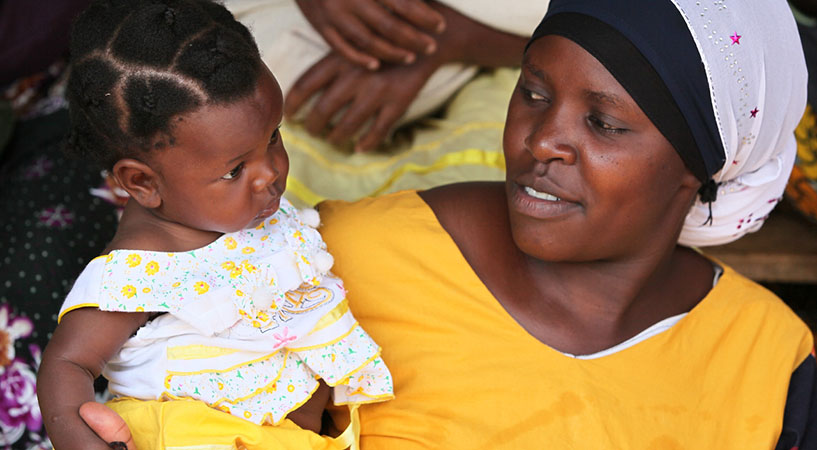Uniting to End TB: Leaving No One Behind
Uniting to End TB: Leaving No One Behind

Tuberculosis (TB) kills more people each year than any other infectious disease. It severely strains health systems and local, regional, and national economies. And, like many health crises, the disease disproportionately affects vulnerable populations. Many families incur catastrophic costs, aggravating poverty in communities.
This World TB Day, we reflect on the progress we’ve made and the challenges we still face in the fight to end TB. The key moving forward is to work together to ensure we don’t leave anyone behind.
“We have the medicines that actually cure tuberculosis,” said Raymond Byaruhanga, project director for the USAID-funded, MSH-led TRACK TB project in Uganda. “So the question is why? Why [do we still see] TB today, and why isn’t it being treated?”
In 2015, TB caused 1.8 million deaths around the world, and another 10 million people fell ill from the disease, according to the World Health Organization (WHO). Women and children are particularly vulnerable. TB causes between 6 and 15 percent of all maternal deaths, and childhood TB is too often not detected, diagnosed, or treated.
The emergence of multidrug-resistant TB (MDR-TB), the result of incomplete or poorly managed TB treatment, presents further obstacles and adds exponential costs to already burdened health systems.
MSH’s health systems approach places people at the center of our TB efforts, building the capacity to manage TB efficiently and reaching those who are most vulnerable. MSH has been a leader in strengthening health systems to fight against TB for the last 20 years, and we are working with partners in several countries across the world to prevent the spread of the disease and improve the lives of those affected by it.
To strengthen health systems in high TB burden countries, MSH works directly with ministries of health and national TB programs to empower and equip them with the tools, technology, and training they need to better detect, diagnose, treat, and prevent all forms of TB. We also work at national, district, facility, and community levels to empower local leaders to build and sustain stronger health systems.
Our projects work to improve local leadership and management skills essential for controlling TB, strengthen laboratory systems, ensure continuous availability of medicines and supplies, and integrate TB into HIV and other health services. Our work has informed global TB initiatives, and increased political support for effective TB programs.
Though our work is not done, our joint efforts are making a difference. The number of TB deaths decreased by more than 20 percent between 2000 and 2015, and WHO estimates that TB treatment averted nearly 50 million deaths worldwide. In Uganda, between 2012 and 2016, TRACK TB enrolled more than 32,000 people in treatment, and has worked to increase the cure rate from 33 percent to 78 percent.
“We are seeing a decrease in the number of people who are getting TB, but we are seeing an increase in the number of people being identified and being notified, and staying on treatment until they complete it,” said Byaruhanga. “To me, that is the best that we can give our people.”